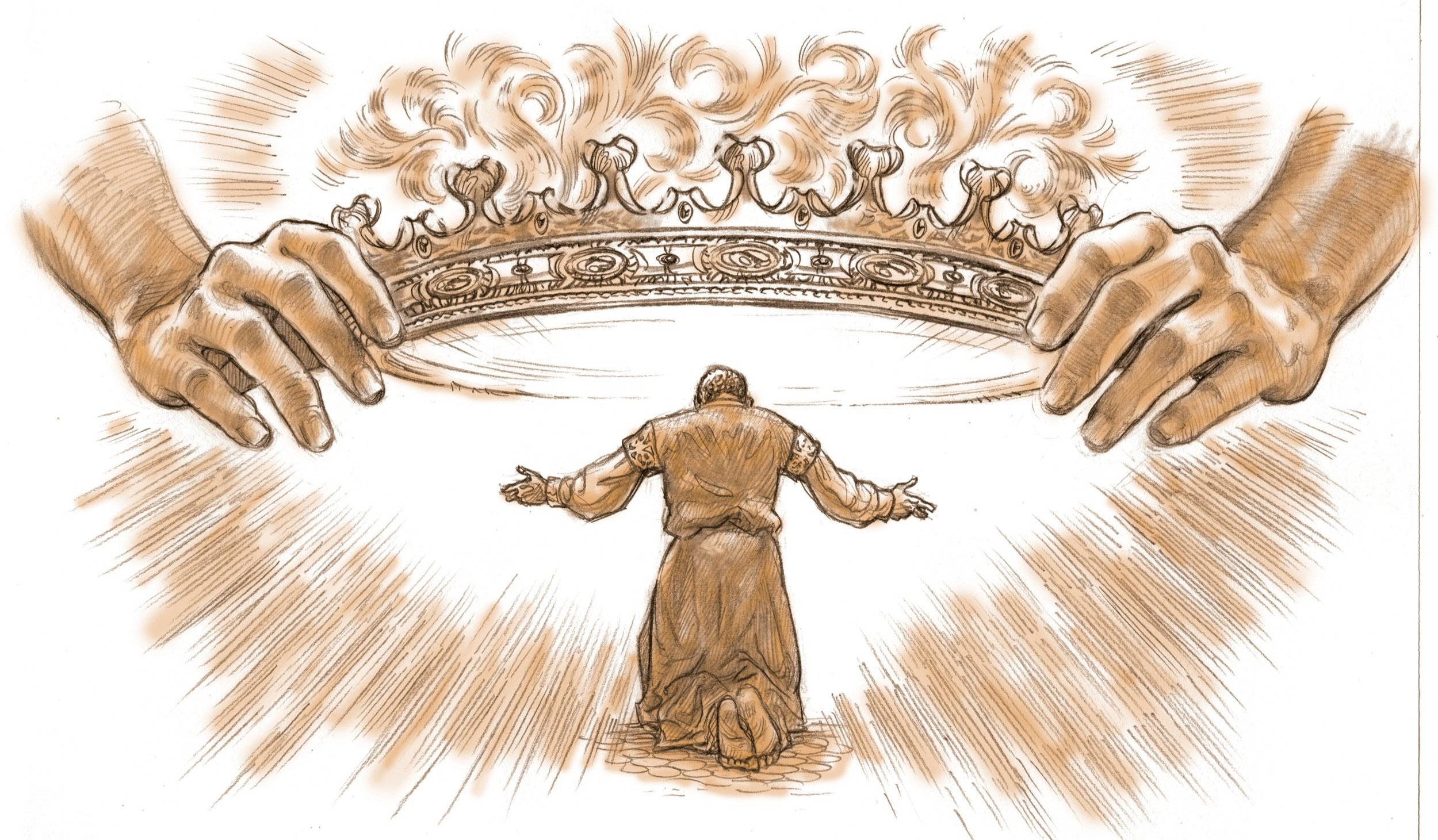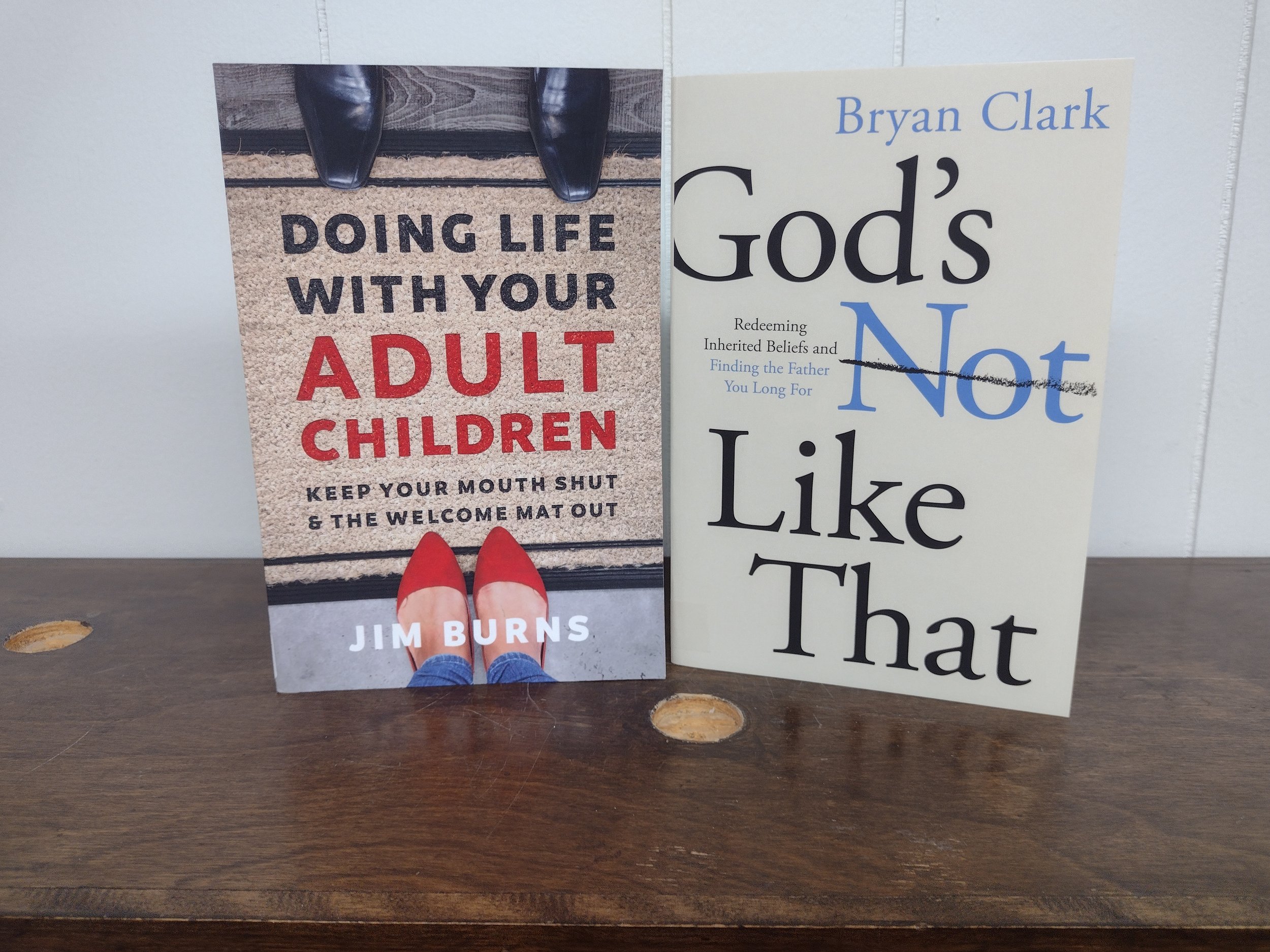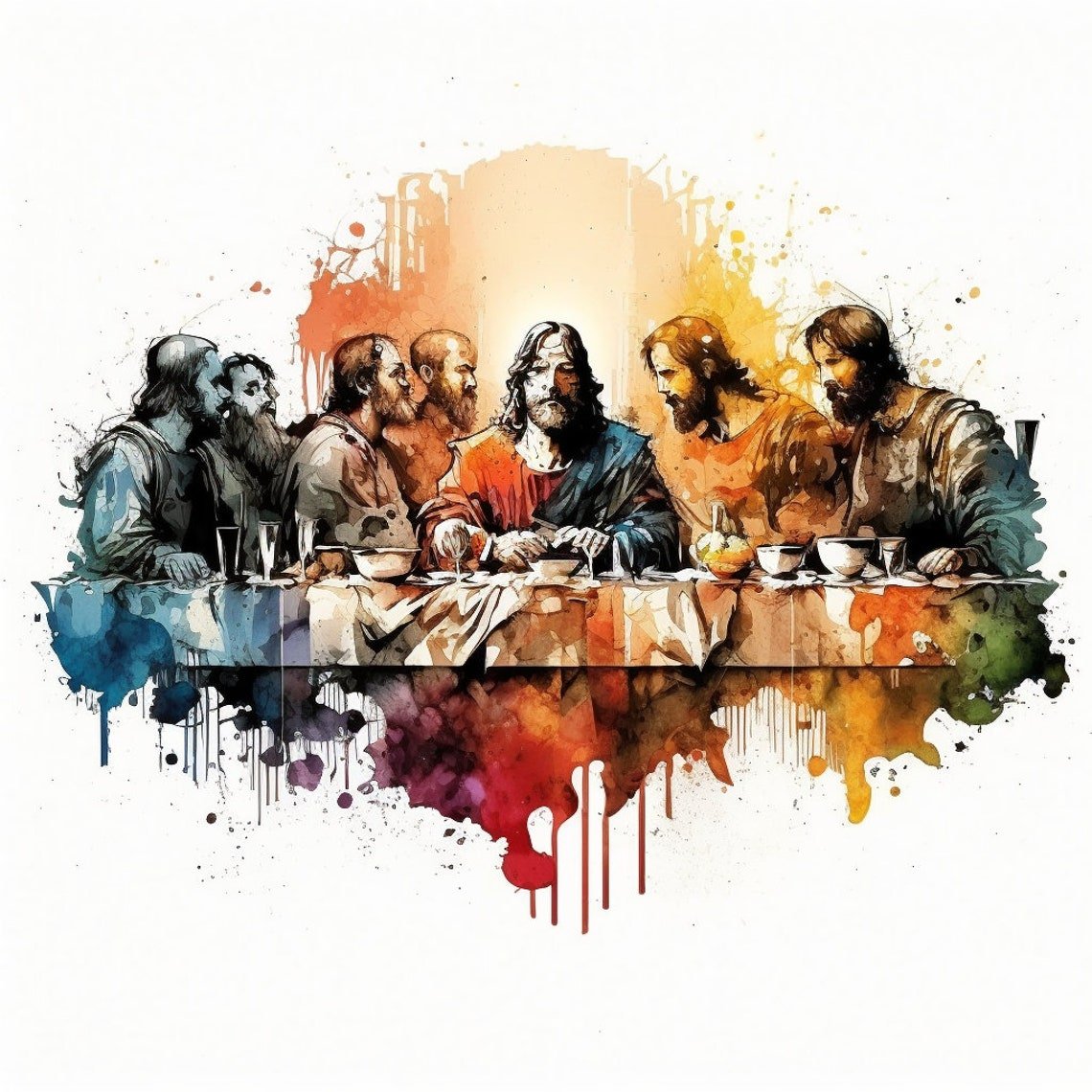Softly & Tenderly - Happily married and owner of two successful boutiques, Jade longs to begin a family with her husband, Max. But when she discovers that Max has an illegitimate son—who he wants her to help raise—Jade’s life is turned upside down. She flees to her childhood home, a rambling Iowa farmhouse, with enough room to breathe. There—while her mother’s health grows fragile, and the tug of her first love grows stronger—Jade begins to question everything she thought she knew about family, love, and motherhood. In the wide-open landscape, Jade begins to see a future that doesn’t rest on the power of her past, but in the goodness of God’s tender mercies.
House of Mercy - Beth has a gift of healing—which is why she wants to become a vet and help her family run their fifth-generation cattle ranch. Her father’s dream of helping men in trouble and giving them a second chance is her dream too. But it only takes one foolish decision to destroy it all. Beth scrambles to redeem her mistake, pleading with God for help, even as a mystery complicates her life. The repercussions grow more unbearable—a lawsuit, a death, a divided family, and the looming loss of everything she cares about. Beth’s only hope is to find the grandfather she never knew and beg for his help. Confused, grieving, and determined to make amends, she embarks on a horseback journey across the mountain, guided by a wild, unpredictable wolf who may or may not be real. Set in the stunningly rugged terrain of Southern Colorado, House of Mercy follows Beth through the valley of the shadow of death in the unfathomable miracles of mercy.
Like Sweet Potato Pie - As a new Christian, former journalist Shiloh Jacobs has plenty of problems. But money, or lack of it, tops the list. Her redneck country house in rural Virginia that was left to her in her mom’s will is the last place on earth Shiloh thought she’d find herself. As soon as the house sells, she can’t wait to flee back to big-city life. But now the IRS is threatening to seize the house for back taxes while her half sister is contesting the will. And nobody’s offering the big bucks Shiloh needs for the house. To make matters worse, Shiloh finds her life unexpectedly entangled with a man who’s all wrong for her and just as financially strapped. Plus, he’s a local—settled in the one place she can’t wait to leave. She wouldn’t have noticed him before, but after giving her life to Jesus, everything looks different. When other more “suitable” men show up, can Shiloh lean on her new faith to see who’s right? Or will circumstances overwhelm her fragile faith and budding romance?
Where do you go when life punches you in the gut? Perhaps you have lost a family member. Or maybe you’ve been financially tight and there aren’t many options for. Divorce, getting fired from a job, hospital bills after a wreck…The list can definitely be longer, but I’m sure you get the point. You want to know where I go when I’m confused or sad? There will be nights when I just can’t sleep, and I need to clear my head. On those nights, I go out to my front porch and I find a spot on the front steps. When I’m comfortable, I look up at the stars in all their beauty and sometimes I look for the constellation Cygnus (the Swan!). Then I take a deep breath and I talk to God. I thank Him for creating the stars, and for the ways that He has blessed me. But then I ask questions and completely open up to the Father who created me. It sometimes takes me too long, though. Before I find myself on those front steps. But it does feel good when I bring everything to the Father. Our main characters in this week’s books seem to take a while too. In Softly & Tenderly, Jade loses trust in the husband she loved, and upon that discovery, she goes to Iowa and ends up finding God. While in Like Sweet Potato Pie, Shiloh is a new Christian who is ready to serve the Lord. But as the story moves along, Shiloh finds out that being a Christian is one of the biggest challenges of her life. These 3 books actually reminded me of the song, “When Mercy Found Me,” by Rhett Walker:
I can't count the broken roads I've been down
But all I know
Something had to give
Something had to give
'Cause living my life so wild and free
Finally caught up
Oh it left me broken, left me hopeless
But that's where I met Jesus
And in one moment everything changed
Who I was got washed away
When mercy found me
My Savior's arms were open wide
And I felt love for the very first time
When mercy found me
When mercy found me
If you are able, I highly recommend that you look this song up and listen to the whole thing. When you find yourself on those broken roads, tired and worn, go to the Lord in prayer and even open up His word. Difficult journeys are best taken when we have someone along for the ride. Jesus is ready for you to take Him along on that ride with you. So come on in to the Cross Reference Library for heartwarming stories and good morals.































